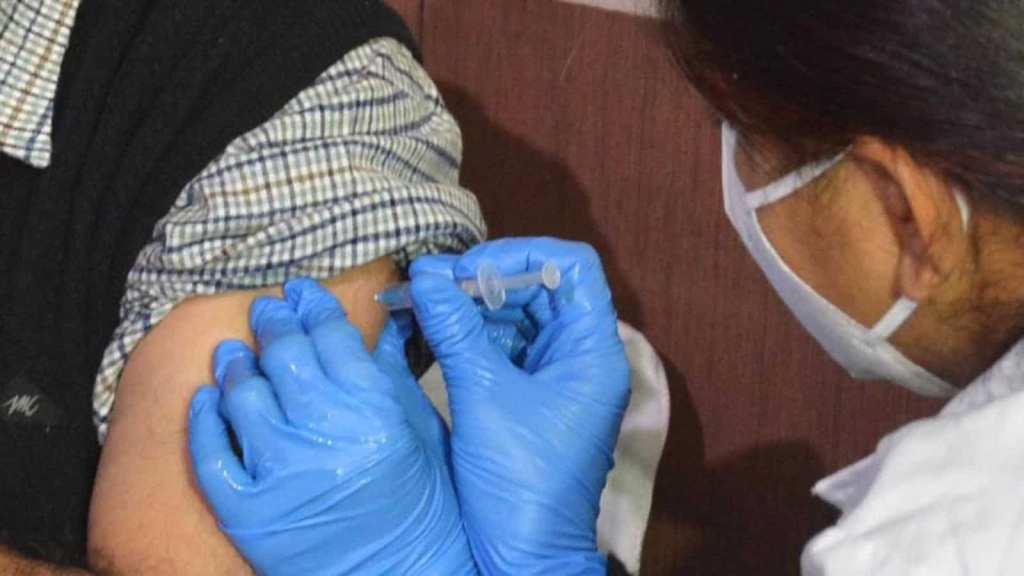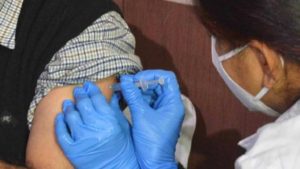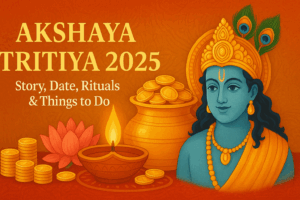
 Of the 79 deaths reported in individuals who took the jab, and examined by experts at both the state and central levels, the national AEFI committee approved eight deaths for causality assessment
Of the 79 deaths reported in individuals who took the jab, and examined by experts at both the state and central levels, the national AEFI committee approved eight deaths for causality assessment
There were 79 deaths till mid March reported in individuals who took the vaccine. The national committee looking at Adverse Events Following Immunisation (AEFI) against Covid-19 approved the causality assessment for eight of these.
HT has reviewed the assessment of eight deaths analysed in March (two more deaths were assessed earlier). “Three of the eight causally assessed cases have been found to have consistent causal association to vaccination, four cases have been found to have inconsistent causal association to vaccination (coincidental) and one case was found unclassifiable. None have been found to be due to the COVID-19 vaccine,” the experts said in their analysis.
Of the eight deaths analysed recently, two each were reported from Maharashtra and Karnataka, and one each from Uttar Pradesh, Bihar, Telangana, and Madhya Pradesh. The age group of the deceased was between 36 and 61 years; three of them were women and the rest, men.
Three deaths were placed in the so-called B1 category by the experts, which means “temporal relationship is consistent but there is insufficient definitive evidence for vaccine causing event”, and four in coincidental category that is described as “underlying or emerging condition(s), or conditions caused by exposure to something other than the vaccine”, according to the panel’s definitions. One of the deaths in the B1 category was that of a 61-year-old man from Thane, Maharashtra, who took the vaccine on January 20, and suffered a sudden cardiac death 11 days after vaccination. He was known to suffer from hypertension and was on medication for the same. Sudden cardiac death is likely to be due to a cardiovascular event, the experts concluded. Covid-19 is known to trigger pro thrombotic state and cardiovascular events, they reasoned.
Another death in the B1 category was of a 38-year-old man from Harda in MP, who took the jab on January 28 and also suffered a cardiac arrest. “Young patient without any cardiac risk factors, he had Covid-19 infection two months (8 weeks and 4 days) back. Covid-19 disease is known to trigger pro thrombotic state and cardiovascular events,” the committee concluded.
The third B1 case was of a 36-year-old woman from Belagavi in Karnataka, who took the shot on January 22 and suffered a stroke. “Covid disease is known to lead to thrombocytopenia as well as pro-inflammatory and pro-thrombotic state. Biological plausibility exists for vaccine causing acute stroke with severe thrombocytopenia,” said the experts in their analysis.
Among four coincidental cases was that of a 52-year-old woman from Aurangabad in Maharashtra, who took the jab on January 29. “Patient had documented Myocardial infarction (ECG, clinical assessment, post mortem finding of necrotic patch in inferior wall of heart). She had a preceding risk factor of hypertension,” the experts said.
A 43-year-old man from Ballari in Karnataka, who took the shot on January 16, also was put in the coincidental death category. The experts said, “… he had risk factors for myocardial infarction including long standing diabetes mellitus and hypertension.”
The third case in the category was that of a 52-year-old woman from Mancherial district in Telangana, who took the jab on January 19. “Patient presented with symptoms of fever with cough and difficulty in breathing, blood pressure of 210/120mmHg. Was clinically diagnosed to have accelerated HTN (hypertension) with LVF (left ventricular failure) with pneumonia,” the experts concluded.
The fourth case was of a 56-year-old man from Pilibhit in Uttar Pradesh, who was inoculated on January 28. This “was a known case of coronary artery disease…,” the analysis said.
The single unclassifiable case was of a man, 43, from Saran in Bihar, who was vaccinated on January 18. “There was little clinical information and no diagnosis was mentioned… Postmortem was not done,” said the experts.
A Special group was created to conduct causality assessment of AEFIs following Covid-19 vaccination. The results of causality assessment done by this special group are discussed in the national AEFI committee meeting for final approval.
The final analysis is sent to the Union health ministry’s immunisation division that stores data at the central level. The results of assessment for the eight cases were completed on March 9.
Of the 68 million doses administered to date, AEFI have been reported in 0.028% of the cases, or 19,250 in all. “The number of people experiencing any kind of side-effect post immunisation is also very small, much less those who suffer side-effects warranting hospitalisation,” said an expert looking into AEFI cases.







